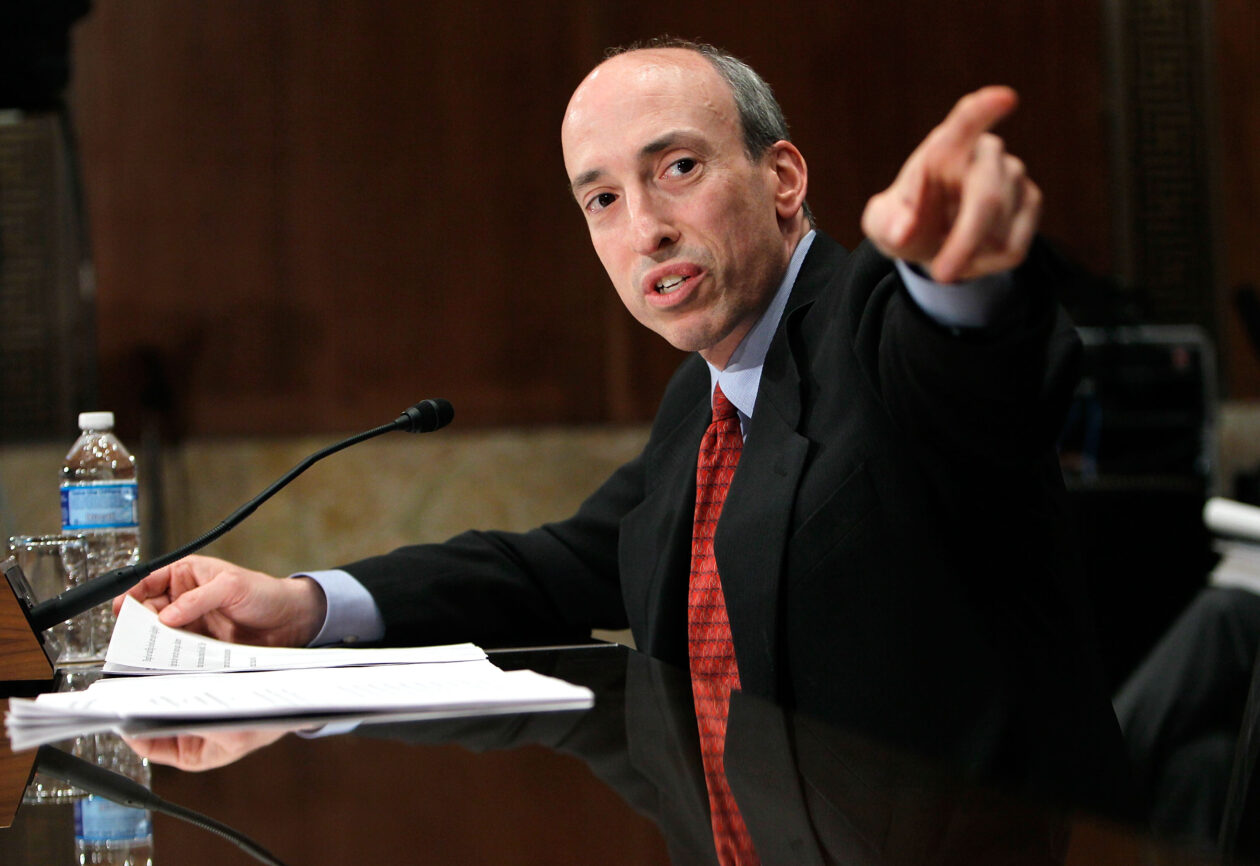In the U.S. Securities and Exchange Commission (SEC)’s first enforcement action against non-fungible tokens (NFTs), it charged media and entertainment company Impact Theory Monday with offering unregistered securities in the form of NFTs.
See related article: US court rules in favor of XRP in Ripple Labs case against SEC, with caveats
Fast facts
- Los Angeles-based Impact Theory launched an NFT project called “Founder’s Keys” in late 2021, and raised around US$30 million from hundreds of investors, according to an SEC press release on Monday. The U.S. regulator claimed that Founder’s Keys offered and sold to investors were investment contracts and therefore securities, resulting in the company violating securities laws.
- “Impact Theory encouraged potential investors to view the purchase of a Founder’s Key as an investment into the business, stating that investors would profit from their purchases if Impact Theory was successful in its efforts,” said the SEC in the press release.
- Impact Theory did not admit or deny SEC’s claims, but agreed to a cease-and-desist order finding that it violated securities registration rules, and will pay over US$6.1 million in “disgorgement, prejudgment interest, and a civil penalty.” The firm will also destroy any Founder’s Keys NFTs it owns, and eliminate any royalty it might receive in the secondary markets.
- Impact Theory will also make clear that all of the firm’s digital assets are “collectibles with utility,” and will “fiercely discourage” people from treating these assets “as anything other than what they are,” said its co-founder Tom Bilyeu Thursday.
- In response to the enforcement action, SEC members Hester Peirce and Mark Uyeda issued a dissenting statement Monday, questioning the SEC’s move to use the decades-old Howey test to determine whether NFTs are investment contracts.
- “The NFTs were not shares of a company and did not generate any type of dividend for the purchasers,” the statement said, “We do not routinely bring enforcement actions against people that sell watches, paintings, or collectibles along with vague promises to build the brand and thus increase the resale value of those tangible items.”
- The two SEC commissioners said the case “raises larger questions with which the Commission should grapple before bringing additional NFT cases.”
- SEC has launched lawsuits against multiple crypto firms including Binance, Coinbase and Ripple Labs for allegedly offering unregistered securities in the form of cryptocurrencies. The enforcement action on Impact theory marks the first case where the U.S. regulator applied this approach to NFTs.
- “Expect more projects to have charges filed against them in the near future, but also for NFT prices to plummet as traders look to exit quickly,” said Yehudah Petscher, NFT strategist at Forkast Labs. “This will be how the market finds its bottom, but we are far away from that actually coming into picture.”
See related article: The SEC has spoken: The future of finance is not in America





